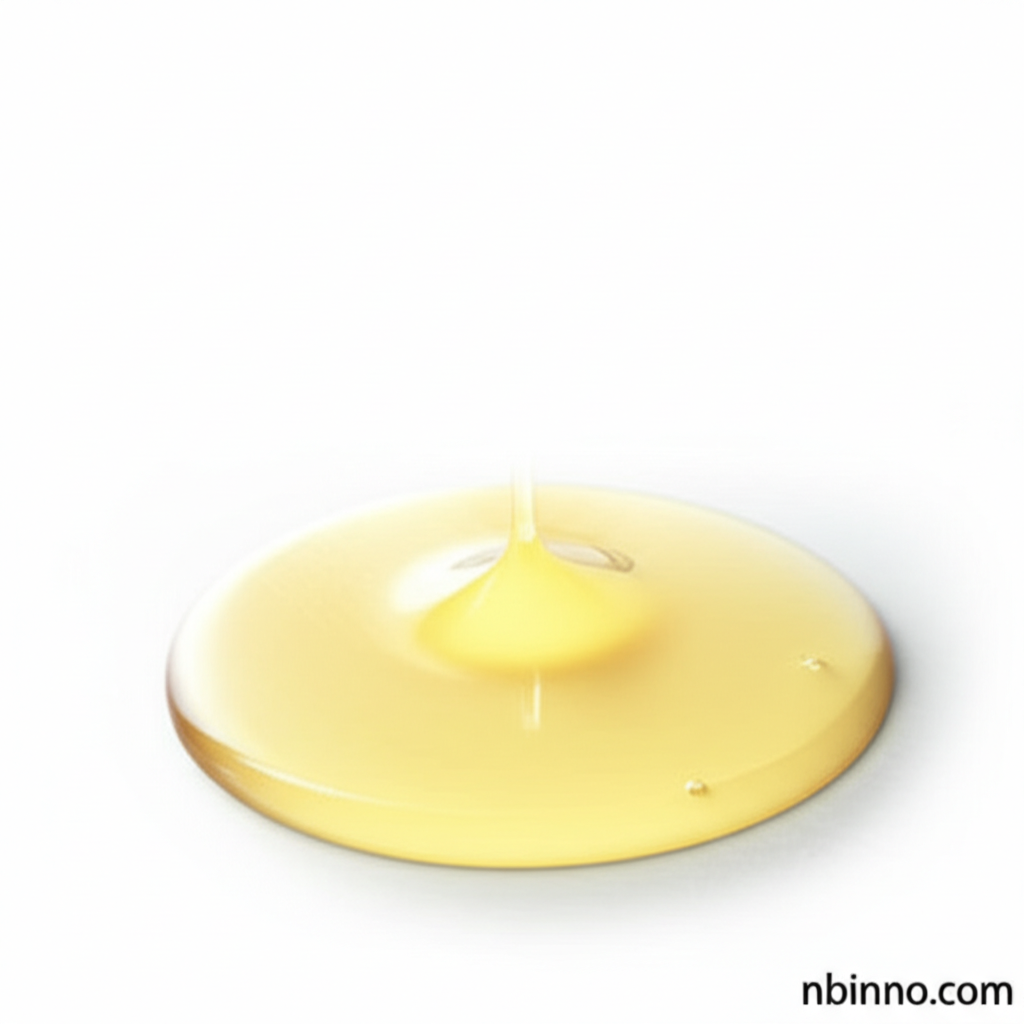N-Ethyl-o/p-Toluenesulfonamide: Enhancing Polymer Performance
Discover the exceptional plasticizing properties of N-Ethyl-o/p-Toluenesulfonamide for superior material flexibility and longevity.
Get a Quote & SampleProduct Core Value

N-Ethyl-o/p-toluenesulfonamide
N-Ethyl-o/p-toluenesulfonamide is a crucial chemical compound valued as a plasticizer and softening agent. Its primary role is to improve the flexibility and durability of various polymeric materials, making it indispensable in manufacturing processes for nylon and PVC. It also contributes to enhanced processability and material properties in resins and coatings, and its use extends to the textile and leather industries for improving softness and pliability.
- Leverage the power of NETSA polymer flexibility to create advanced material solutions.
- Explore the diverse applications of N-Ethyl-o/p-toluenesulfonamide as a key plasticizer for nylon and PVC.
- Understand the chemical properties of NETSA, including its solubility in organic solvents, for optimal formulation.
- Discover how this toluenesulfonamide softening agent can elevate the performance of your products.
Key Advantages Provided
Enhanced Flexibility
As a leading N-Ethyl-o/p-toluenesulfonamide plasticizer, it significantly boosts the flexibility of polymers, making them suitable for demanding applications.
Improved Durability
The incorporation of this toluenesulfonamide softening agent contributes to the increased durability and lifespan of manufactured goods.
Versatile Application
Serving as a vital chemical auxiliary, its compatibility with various resins makes it an excellent choice for coatings and adhesives.
Key Applications
Polymer Manufacturing
NETSA polymer flexibility is critical for enhancing the physical properties of plastics like nylon and PVC, improving their workability and final performance.
Resins and Coatings
Used in various resin systems and coatings to impart flexibility and improve adhesion, contributing to longer-lasting and more resilient finishes.
Textile Industry
Improves the softness and pliability of synthetic fibers, leading to more comfortable and manageable textile materials.
Leather Treatment
Similar to textiles, it enhances the pliability of leather products, contributing to their feel and flexibility.
